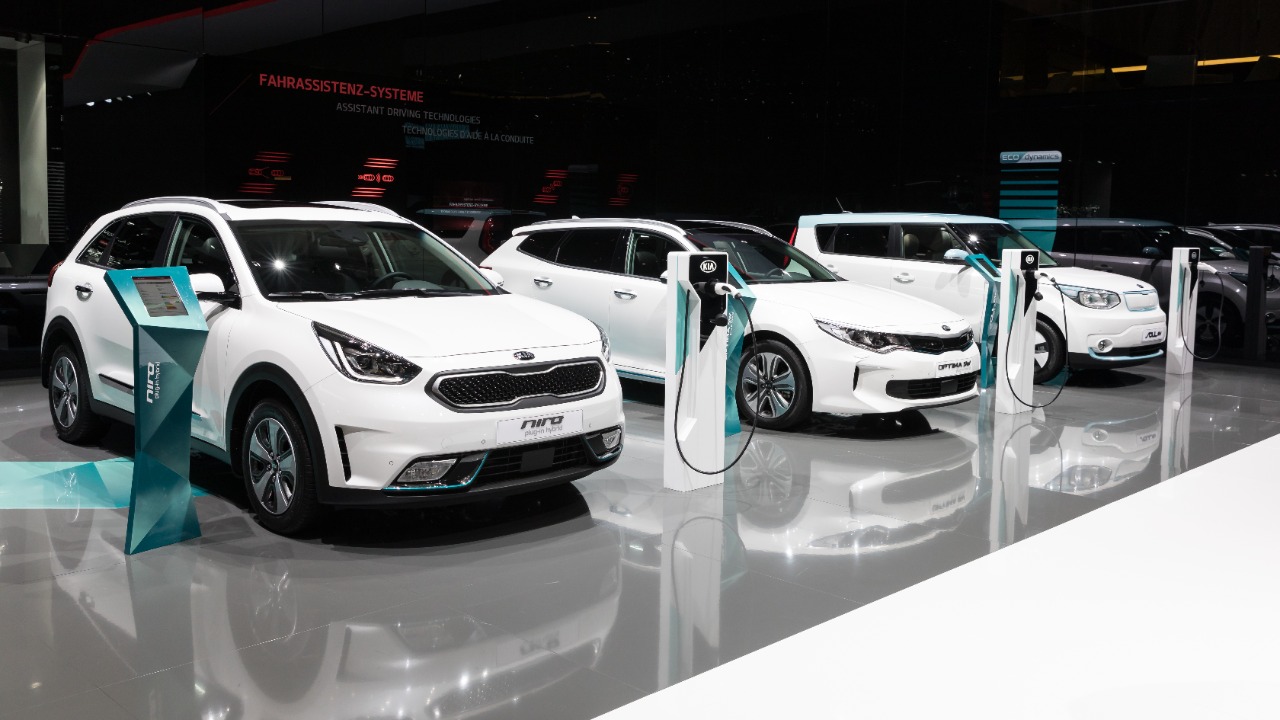
The world’s first AI-defined hybrid electric vehicle (EV) has undergone a significant battery upgrade, enabling it to charge to 80% capacity in a mere 12 minutes. This development represents a major leap in EV technology, integrating artificial intelligence to optimize performance and efficiency. This advancement, announced on November 9, 2025, promises to address key barriers to EV adoption, such as lengthy charging times.
Understanding AI-Defined EVs
The concept of an “AI-defined” hybrid EV is a game-changer in the automotive industry. In this setup, artificial intelligence is used to dynamically configure vehicle systems for optimal energy management and performance. This “world’s first AI-defined” designation sets it apart from traditional hybrids. Instead of relying on static configurations, it leverages AI for real-time adaptations in power distribution and battery usage.
Artificial intelligence plays a crucial role in defining the vehicle’s core architecture. The initial design principles prioritize intelligent energy flow, allowing the vehicle to adjust its energy consumption based on driving conditions and battery status. This integration of AI into the vehicle’s core systems is a significant departure from traditional EV designs, marking a new era in intelligent transportation.
Battery Boost Enhancements
The “battery boost” upgrade is a key feature of this AI-defined hybrid EV. It enhances capacity and efficiency without increasing the overall vehicle weight. This is achieved through technical improvements in battery chemistry and cooling systems, enabling sustained high-performance output even after the upgrade.
The battery boost contributes significantly to extended range and reduced energy loss, making the hybrid EV more viable for long-distance travel. This is a major advantage for EV users, as one of the common concerns about EVs is their limited range compared to conventional vehicles. With this upgrade, the AI-defined hybrid EV is set to challenge this perception.
Breakthrough in Charging Speed
One of the most impressive achievements of this AI-defined hybrid EV is its ability to charge to 80% in just 12 minutes. This is made possible through advanced fast-charging protocols optimized by AI. However, realizing this “12 mins” timeframe safely requires compatible ultra-high-voltage chargers, highlighting the need for infrastructure development alongside technological advancements.
Compared to industry standards, this charging speed significantly reduces downtime and improves user convenience for hybrid EV owners. This breakthrough in charging speed is a major step towards making EVs more user-friendly and practical for everyday use.
AI’s Role in Hybrid Performance
Artificial intelligence plays a pivotal role in enhancing the performance of this hybrid EV. AI algorithms predict and adjust hybrid powertrain operations, seamlessly blending electric and combustion elements. This results in a smoother and more efficient driving experience, setting a new standard for hybrid vehicles.
AI-driven features like predictive battery health monitoring prevent degradation and extend lifespan. Real-world testing scenarios have shown that AI ensures the hybrid EV maintains efficiency across varied driving conditions. This not only enhances vehicle performance but also contributes to the longevity of the vehicle, making it a more sustainable choice for consumers.
Market Impact and Adoption
The “world’s first AI-defined” hybrid EV is set to influence competitors by setting new benchmarks in speed and intelligence. This could lead to a ripple effect in the industry, pushing other manufacturers to integrate AI into their vehicles. The potential regulatory and environmental benefits, including lower emissions due to optimized battery usage, could also drive policy support for such vehicles.
Consumer accessibility factors, such as pricing strategies and availability timelines following the November 9, 2025 announcement, will play a crucial role in the adoption of this technology. As with any new technology, the initial cost may be high, but as production scales up and technology matures, prices are expected to become more affordable.
Future Developments in AI-EV Tech
Looking ahead, the “battery boost” technology could be expanded to other EV models, potentially standardizing 80% charges in under 15 minutes industry-wide. This would be a significant development, making EVs more convenient and practical for a wider range of users.
Ongoing R&D into deeper AI integration for autonomous features tied to the hybrid system is also expected. However, challenges like scalability and supply chain demands for producing more “AI-defined” vehicles remain. Overcoming these challenges will be key to the widespread adoption of AI-defined EVs.
More from MorningOverview